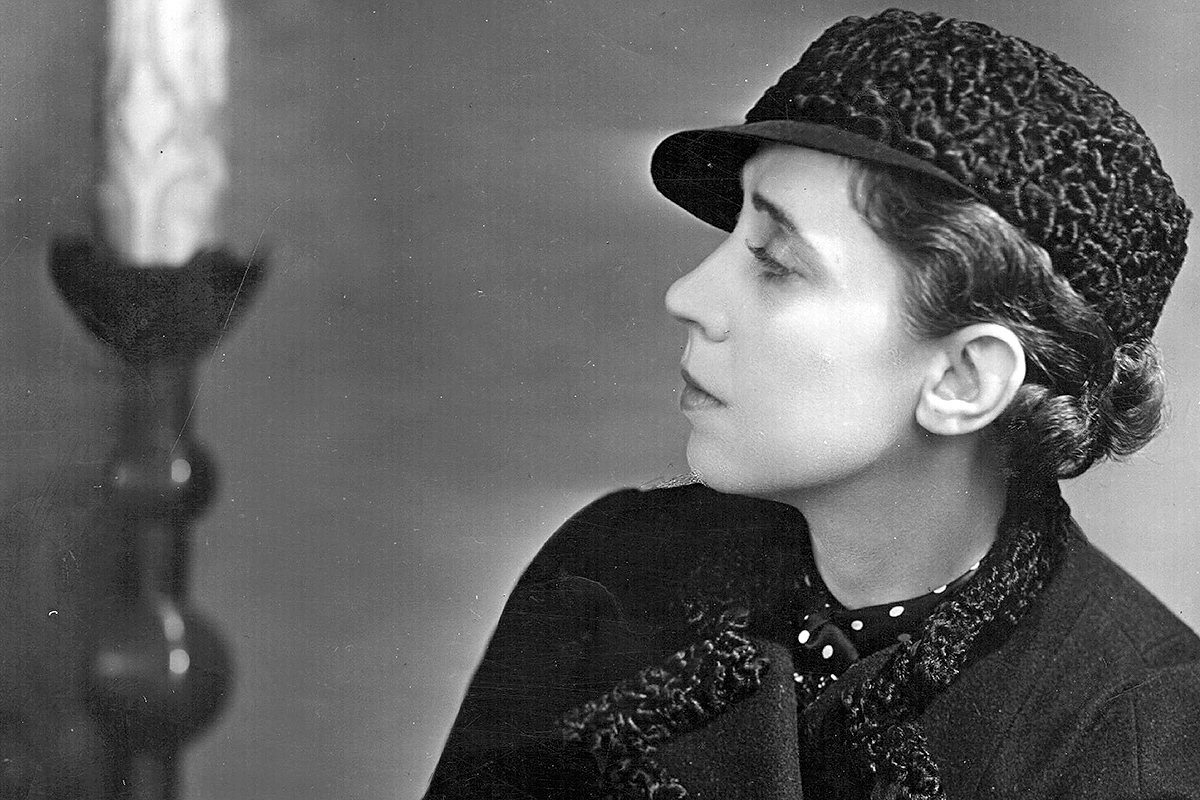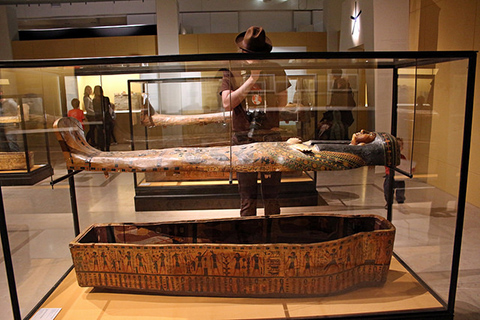There comes a point in every ideological society when reality impinges upon the beliefs held so dearly by the local elite. As complex and totalizing ideologies try to be, some aspect of reality inevitably throws the whole structure of feeling into doubt; Utah got its first Jewish governor in such a moment.
The communist world was prone to these moments. The Soviet Union, among other Marxist-Leninist states, billed itself as a workers’ paradise, free of the parasitic relationship between employer and employee. But, as Lenin dictated, there was a vanguard party that assumed the qualities of the boss not long after the overthrow of the tsar. This led to the unthinkable in the “workers’ state”: strikes.
The 2020 Russian film Dear Comrades!, directed by Andrei Konchalovsky, tackles the violent breaking of a strike by the Soviet government in the industrial town of Novocherkassk, near Rostov, not far from the Black Sea and the Ukrainian border. It is a film about the massive hypocrisy undergirding the Soviet state, and how it constantly betrayed the people it purported to serve.
The film revolves around Lyudmila “Lyuda” Syomina (Julia Vyotskaya), who works for the local Communist Party branch. She lives with her father (Sergei Erlish), who has quiet yearnings for the days of the tsars, and her rebellious daughter Svetka (Yuliya Burova). She is loyal, believing firmly in the party’s mission, but pining for the days when Joseph Stalin ruled with an iron fist. Her worldview is called into question when, in response to rising food prices and falling wages, workers at a factory in the city go on strike. In the chaotic demonstrations that follow, her daughter, who joined the protests, goes missing. Lyuda, fearing the worst, goes searching for her.
Stories about civil unrest always remind me of a quote from John F. Kennedy:
Those who make peaceful revolution impossible will make violent revolution inevitable.
The film gives you a panoramic view of the state and party apparatuses that make the decision to send the army into Novocherkassk. Workers’ representation is nowhere to be seen. This state is consciously depicted as detached from the people; one scene involves the KGB interviewing doctors. It is from this vantage point that Lyuda views the carnage: with the abstraction that has caused so many massacres. It is only when her daughter goes missing that she sees the truth of what she has enabled.
The film does a good job of showing the diversity of Novocherkassk. You get three different opinions in Lyuda’s house alone. The chaos of the film takes you all over the city, from rich to poor, connected to disaffected. It does a particularly good job of showing the sheer mass of discontent and anger of a people who had been neglected for too long.
It fails, though, in showing the lives of the angry. The people are less characters than a force of nature, smashing windows and fighting soldiers in the streets with the fury of a hurricane.
Dear Comrades! is a story of disillusionment. Throughout the film, Lyuda’s deeply held communist beliefs are challenged again and again by what she sees. She comes to realize how unresponsive to the workers the alleged workers’ state has been, and how it made an attempt at revolution inevitable. She bears witness to this in shocking ways, one particularly stunning scene occurring with a separation of just a window between her and utter chaos. It is a powerful message, albeit one that ends in a way that seems to undo many of the central themes of what had come before.
Dear Comrades! is a searing indictment of the hollowness of the Soviet project, a mournful requiem for something that should have been liberating. It is about the danger of bureaucracy tasked with bettering the people becoming the oppressor of the people, and how that contradiction can be seen within the machinery of power. For all that, it is a moving film.





